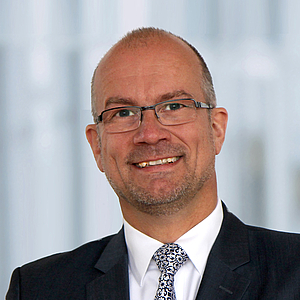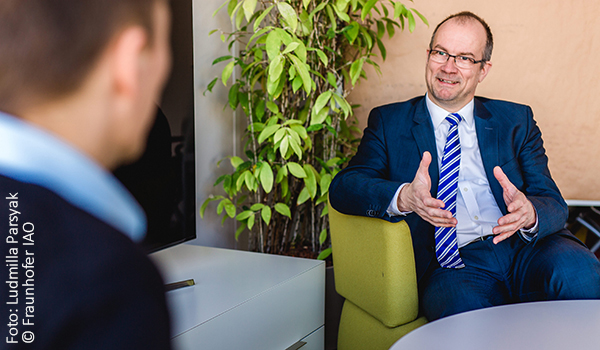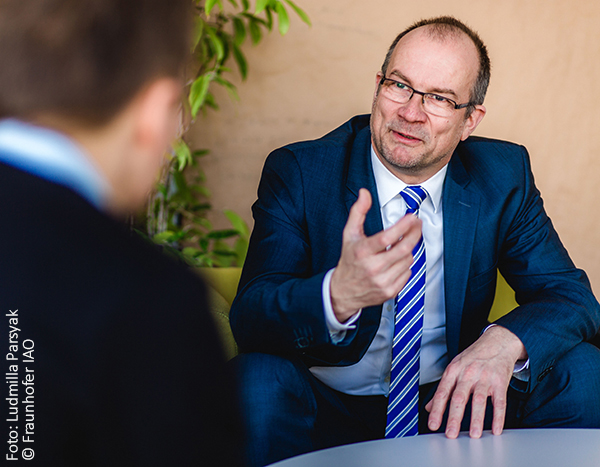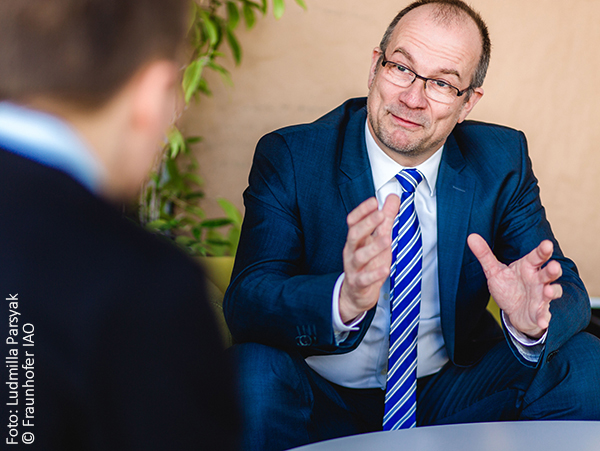Question: If these combined systems take off then sales figures will fall. How are carmakers going to earn their revenue in the future?
Riedel: It may be that sales figures for physical products will fall but you can still keep revenue at a high level by working on just this type of system solution. In fact, in practice most carmakers are already doing this. Just think about the takeover of Here by Audi, BMW and Daimler. They did not do that because it would be nice to have a map service but because they wanted to acquire the information and infrastructure that can support this type of complete system.
Question: Do you think carmakers are well prepared for development and production in the future?
Riedel: At the technical level, yes. However, the question of software is more problematic. For a very long time, we tried to produce the software using our tried-and-tested production processes and that was not necessarily a success. The question now is how to cope with the change resulting from the fact that cars are being increasingly defined by software and that this makes extremely robust software development processes necessary. And here I don't just mean the software in the car but also the software that is needed for development and production.
Question: What contribution can PLM make to integrating new topics such as model-based systems engineering into the core processes? Do we need a different type of PLM system or perhaps none at all?
Riedel: I believe that PLM systems will have a key role as a structuring element provided that they are accepted by users and that they are open, because it will never be possible to perform all the structuring tasks with just one single system. The systems must work together and this is something they struggle or fail to do today. In fact, we need to model cars as a system, using MBSE methods and by adopting both a development and a production perspective. In other words, we need information from both areas and that often goes wrong at the boundaries between the systems.
Question: Your demand for openness is aimed primarily at the PLM vendors?
Riedel: At the large PLM vendors because the small ones have always been open. They have all signed the Code of PLM Openness but now it is time for them to breathe life into it. That is why, as the next step, we (at the ProSTEP iViP Association, editor's note) are going to introduce certificates and make openness verifiable.





